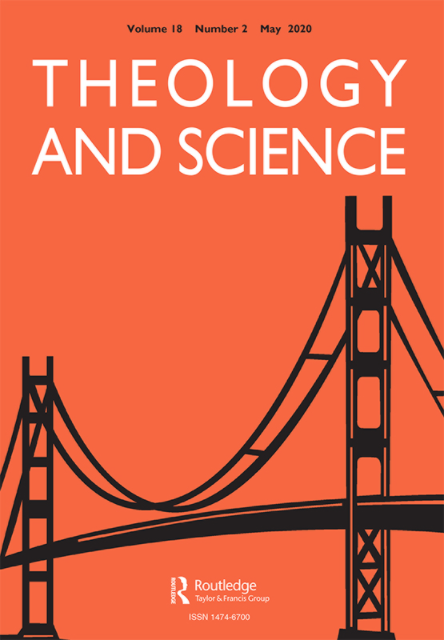Charles Darwin’s theory of evolution by natural selection portrays nature as red in tooth and claw, with fierce competition between and within species determining that only the fittest survive and reproduce. Or does it? Although the preceding interpretation predominated late into the twentieth century, in recent decades biologists have begun to appreciate that cooperation is how many species remain competitive and that mutualism between species is as successful an evolutionary strategy as parasitism.
Unlike parasitism where an organism like a tick or tapeworm exploits another organism, mutualism refers to an interspecies relationship that benefits both species. For example, almost half of land plants depend upon fungi to supply their roots with water and minerals, the fungi in turn receiving sugars from the plant’s roots. Many bird species share mutualistic relations with large animals like water buffalo and crocodiles, making easy meals from ticks and other parasites that prey upon the larger animals. Fruiting plants and the animals who consume their fruit also relate mutualistically: the animals receive sugar-rich nutrition while the plants’ seeds are carried far and wide, increasing their chances of reproducing.

In a new article in Theology and Science Stephen Scaringe and Wesley Wildman argue that the recent recognition of widespread mutualism and symbiosis between biological species is a harbinger of a deeper realization with profound theological significance: “at a fundamental level, there are no separate life forms … living organisms only come into existence contingent or dependent on other species and organisms, and every living entity is perpetually dependent for its continued existence on other life forms, which in turn only exist contingently on other life forms.” Recognition of our inextricable interconnectedness with other organisms can be destabilizing, upsetting our clear-cut personal and collective identities. Destabilizing or not, Scaringe and Wildman predict that the continued growth of biological and ecological understanding will soon render this conclusion inescapable.
Anticipating the widespread acceptance of the conception of life as mutually constituted and contingently existent, Scaringe and Wildman reflect on the theological implications of this dawning awareness. In particular, they suggest that this conception of life demands a thorough rethinking of the idea of free will, problematizes conceptions of salvation that depend upon a clear distinction between persons and their bodies, and challenges conceptions of humanity as exercising divinely given dominion over the rest of nature. If Scaringe and Wildman are correct that the idea of life as mutually constituted is destined to prevail, we can hope that this idea will lead, not only to a more profoundly relational metaphysics, but also to a humbler, more caring way of relating to the organisms and ecosystems that sustain all human persons, societies, and civilizations.
